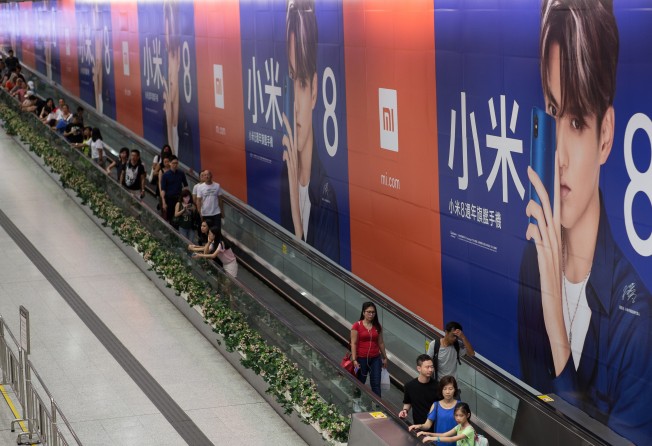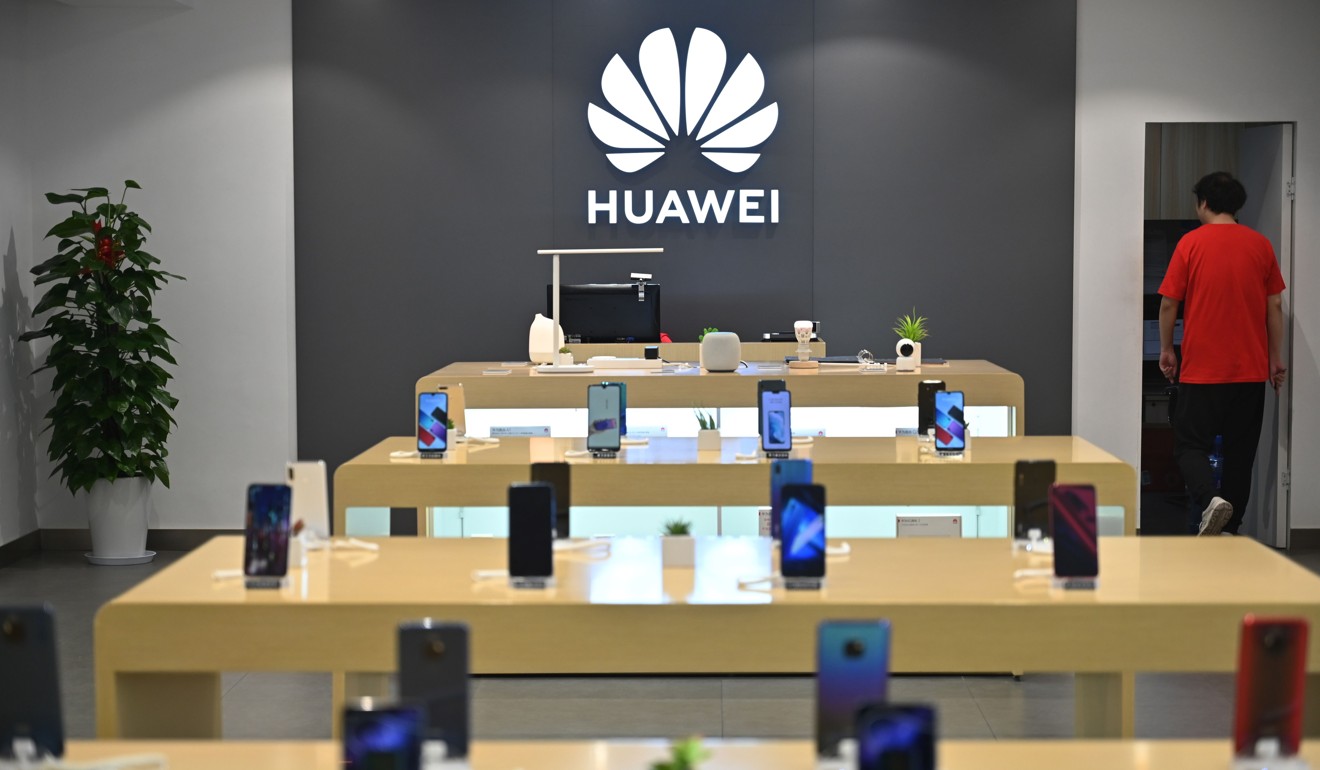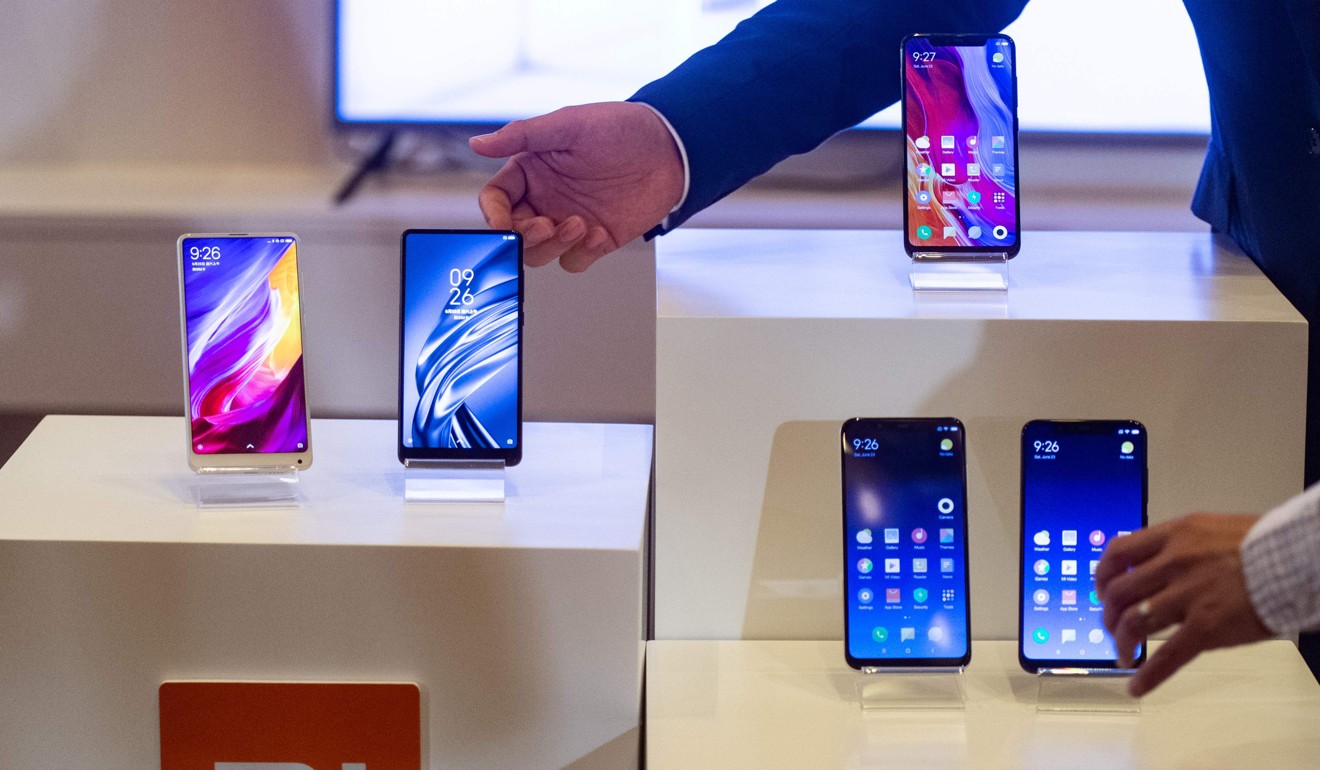
Chinese phone brand Oppo pushes iPhones into fourth place in global sales charts for handsets
- Samsung remains in first place, with 75.1 million handsets shipped last quarter, while Chinese firms Huawei and Oppo both outsold the iPhone
- High prices are a sticking point for the iPhone, while Chinese brands’ strategies are better aligned to customers’ needs, say analysts

Apple lost more ground in the shrinking smartphone market last quarter, with a sales tracker saying the tech giant was pushed off the top-three seller list by a Chinese rival.
Apple fell to fourth place in global smartphone sales, shipping 35.3 million iPhones in the second quarter compared to the 36.2 million units shipped by Oppo, according to a report from IHS Markit.
South Korean consumer electronics titan Samsung remained in first place with 23 per cent of the market, having shipped 75.1 million smartphones, China’s Huawei shipped 58.7 million smartphones to claim 18 per cent of the market, IHS Markit calculated.
“Apple continues to face challenges in terms of unit shipments – a trend that is unlikely to be fixed soon,” says IHS smartphone research and analysis director Jusy Hong.

While California-based Apple has been aggressively promoting iPhones, current generation smartphones have “super premium” prices while models a few years old are still costly compared to bargain Android-powered handsets, he says.
Other smartphone market trackers such as Counterpoint Research and International Data concluded that while iPhone shipments sank in the second quarter, Apple remained in third place for global shipments.

Huawei, meanwhile, saw smartphone shipments rise despite the overall market contracting and US-China trade tensions, market trackers reported.
Huawei – considered the world leader in superfast fifth-generation, or 5G, technology and the world’s number two smartphone producer – has been blacklisted by US President Donald Trump amid suspicions it provides a back door for Chinese intelligence services. The company denies those charges.
The Chinese phone maker has also just announced its own operating system, HarmonyOS, which it says can replace Android should Google choose to stop Huawei using that platform.

The combined global smartphone market share of Chinese brands Huawei, Oppo, Vivo, Xiaomi and Realme reached a new high of 42 per cent in the second quarter, according to Counterpoint.
“These brands have been aggressively expanding outside China and achieving growth offsetting the saturation in their home market,” says Counterpoint research analyst Varun Mishra.
“Their strategies and product portfolios are more aligned to the local needs and preferences, which is one of their key strengths.”

Apple has been striving to wean itself off its reliance on iPhone sales with a focus on services, digital content and related gadgets.
In the just ended quarter, Apple for the first time took in less than half its revenue from the iPhone, the long-time cash and profit driver for the company.
Apple saw its sales improve in the crucial China market, which included a double-digit increase in services revenue driven by strong growth in the App Store there, according to the company.